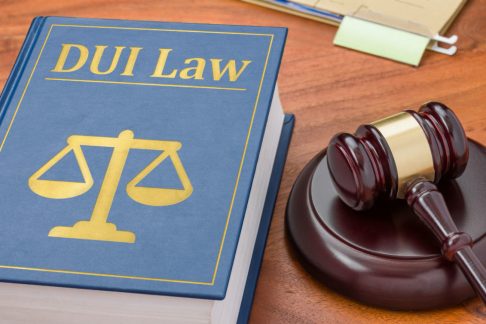Introduction
Driving While Ability Impaired (DWAI) charges in Colorado can have serious consequences, including fines, license suspension, and even jail time. If you find yourself facing a DWAI charge, it’s crucial to understand your rights and options for building a strong defense. This article aims to provide valuable insights into defending DWAI in Colorado Contact Consultants, offering guidance on legal representation, potential defenses, and sentencing options.
Understanding DWAI
2.1 Definition of DWAI
DWAI in Colorado refers to a charge of operating a motor vehicle while impaired by alcohol or drugs to the slightest degree. It is a lesser offense than Driving Under the Influence (DUI) but still carries significant penalties. In Colorado, a driver can be charged with DWAI if their Blood Alcohol Content (BAC) is between 0.05% and 0.08%.
2.2 Legal Consequences of DWAI
A conviction for DWAI can result in various consequences, such as fines, probation, community service, mandatory alcohol education programs, and even jail time. Additionally, it can lead to an increase in insurance premiums and negatively impact employment prospects.
Building a Strong Defense
3.1 Hiring an Experienced Attorney
When facing a DWAI charge, it is crucial to seek the expertise of an experienced attorney who specializes in DUI/DWAI cases. A skilled attorney can guide you through the legal process, protect your rights, and develop a strong defense strategy tailored to your case.
3.2 Gathering Evidence
To mount a robust defense, it is essential to gather evidence that challenges the prosecution’s case. This may involve obtaining police reports, video footage, witness statements, and any other relevant documentation that can help establish your innocence or cast doubt on the prosecution’s claims.
3.3 Challenging Field Sobriety Tests
Field sobriety tests, such as the walk-and-turn or one-leg stand tests, are often conducted during a DWAI stop. These tests are subjective and rely on the officer’s interpretation. A skilled attorney can challenge the accuracy and reliability of these tests, potentially weakening the prosecution’s case against you.
4.1 Lack of Probable Cause
One potential defense strategy is to challenge the arresting officer’s probable cause for the DWAI stop. Law enforcement must have a valid reason to initiate a traffic stop, such as a traffic violation or reasonable suspicion of impairment. If there was no legitimate basis for the stop, it can weaken the prosecution’s case and potentially lead to the dismissal of the charges.
4.2 Inaccurate Breathalyzer Results
Breathalyzer tests are commonly used to measure a driver’s BAC. However, these devices are not infallible, and there can be errors or inaccuracies in their results. An experienced attorney can question the calibration, maintenance, and administration of the breathalyzer test, potentially challenging its validity as evidence against you.
4.3 Rising Blood Alcohol Content
Another potential defense is the “rising blood alcohol” defense. This defense argues that your BAC was below the legal limit at the time of driving but increased to an illegal level by the time the chemical test was administered. This defense relies on expert witnesses who can explain the process of alcohol absorption and elimination in the body.
The Importance of Legal Representation
5.1 Protecting Your Rights
Having legal representation is crucial in a DWAI case. Your attorney will ensure that your rights are protected throughout the legal process. They will review the evidence, advise you on your options, and work diligently to achieve the best possible outcome for your case.
5.2 Negotiating Plea Bargains
In some instances, your attorney may negotiate with the prosecution to secure a plea bargain. This could involve reducing the charges to a lesser offense or obtaining a more lenient sentence. A skilled attorney can navigate plea negotiations to minimize the potential consequences of a DWAI conviction.
The Role of Expert Witnesses
In DWAI cases, expert witnesses can play a vital role in strengthening your defense. These professionals, such as toxicologists or accident reconstruction experts, can provide scientific analysis and testimony to challenge the prosecution’s evidence or offer alternative explanations for the circumstances surrounding your case.

Understanding Sentencing Options
7.1 Potential Penalties for DWAI
If convicted of DWAI in Colorado, the penalties can vary depending on factors such as prior convictions, BAC level, and any aggravating circumstances. Possible penalties may include fines, license suspension, mandatory alcohol education programs, probation, community service, and even jail time.
7.2 Diversion Programs
In some cases, individuals charged with DWAI may be eligible for diversion programs. These programs aim to provide rehabilitation and education rather than punishment. Completing a diversion program successfully can lead to reduced charges or the dismissal of the case altogether.
Conclusion
Defending against a DWAI charge in Colorado requires a strategic and comprehensive approach. By hiring an experienced attorney, gathering compelling evidence, challenging the prosecution’s case, and utilizing potential defenses, you can increase your chances of a favorable outcome. Remember, each case is unique, so it is crucial to consult with a legal professional who can assess your specific circumstances and guide you through the process.




